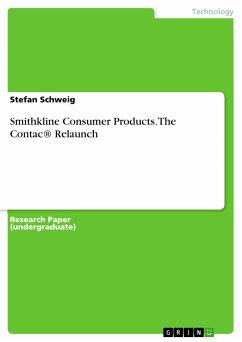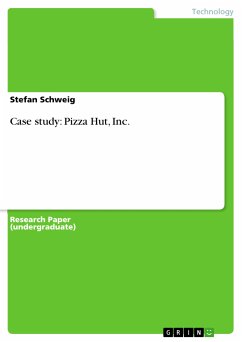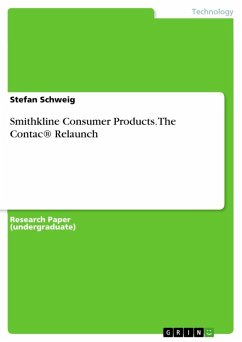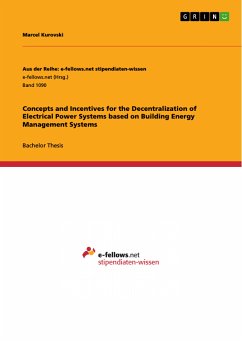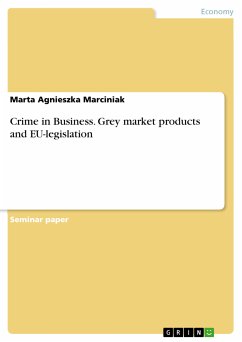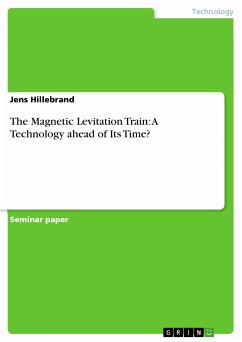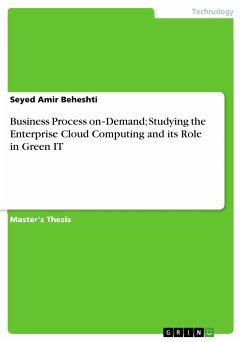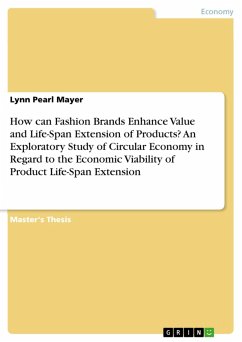Research Paper (undergraduate) from the year 2005 in the subject Engineering - Industrial Engineering and Management, grade: 1,3, University of Applied Sciences Frankfurt am Main, course: Business Administration, language: English, abstract: Contac capsules have helped millions of Americans endure the sniffles, but in 1986 every store in the U.S. that carried the popular cold remedy was ordered to get it off the shelves. Manufacturer SmithKline Beckman of Philadelphia was forced to recall Contac and two other fast-selling encapsulated products, the antihistamine Teldrin, for allergies, and Dietac, for appetite control. The reason was familiar and chilling: a murderous blackmailer intent on intimidating a corporation by poisoning its products. A man calling himself Gary telephoned ABC News claiming he had placed 25 tainted Contac capsules in stores throughout the country. ABC Anchor Peter Jennings tipped off SmithKline while judiciously holding the story off the air. The next day, SmithKline got more calls, apparently from the same man. All capsules were unsafe, he said, and he wanted to get them off the shelves. The caller named stores in Houston and Orlando, where he said he placed capsules laced with cyanide or rat poison. Investigators initially found capsules spiked with sugar and cornstarch. The adulteration was easily detected. The man had crudely cut into the plastic blisters encasing the capsules. At first the company stopped short of a recall, telling retailers only to stop selling the drugs until further notice and warning consumers against using any of the capsules purchased after March 15. At week's end, however, laboratory tests found nonlethal doses of warfarin, an anticoagulant used in rat poison, in two Contac and three Teldrin capsules. SmithKline was frightened into acting. The recall came barely six weeks after a 23-year-old woman from Westchester County, N.Y., died of cyanide poisoning after taking an Extra-Strength Tylenol capsule. In 1982 seven people died from cyanide-laced Tylenol capsules, but it was the most recent death that persuaded Johnson & Johnson to stop making capsules altogether and to reissue the remedy in a tamper-resistant "caplet" form. Whether SmithKline will also abandon capsules was not clear. Unlike Tylenol, the SmithKline products are "time-release" medicines, which break down slowly and work best in capsule form. Besides, Contac accounts for some $50 million in SmithKline's sales, half of its over-the-counter drug business. Despite the drug's wide popularity, it could conceivably fall victim to a single unbalanced terrorist.

